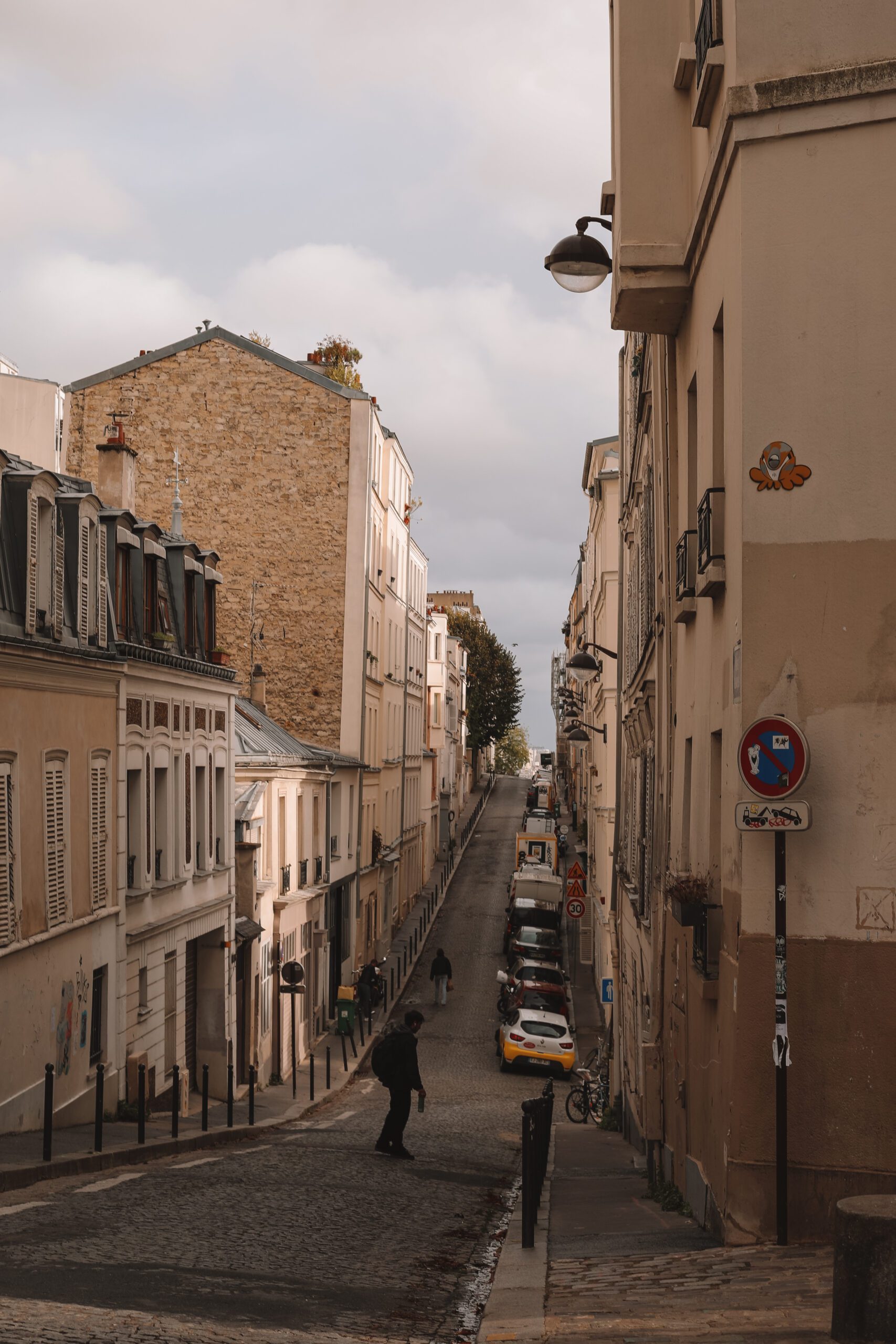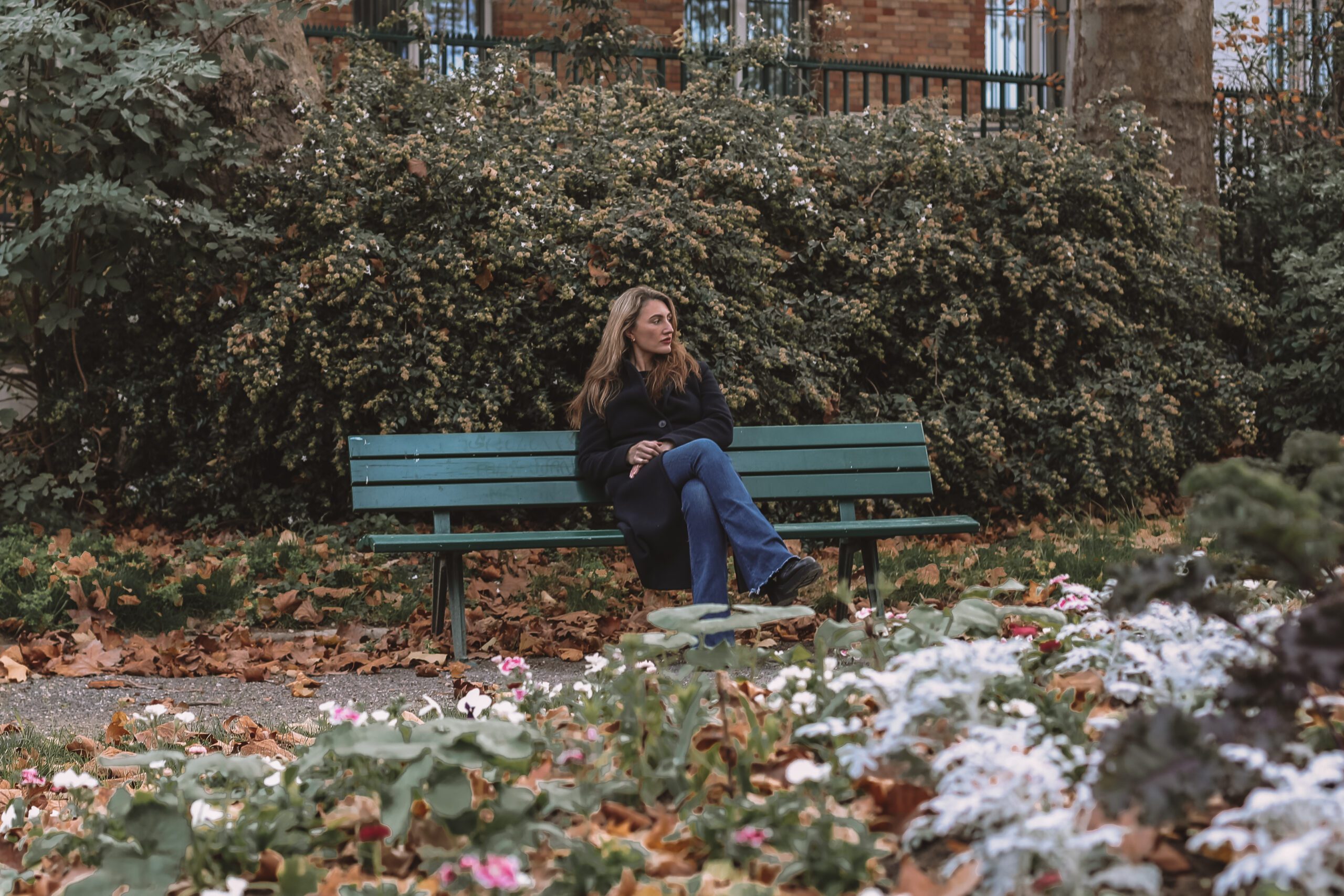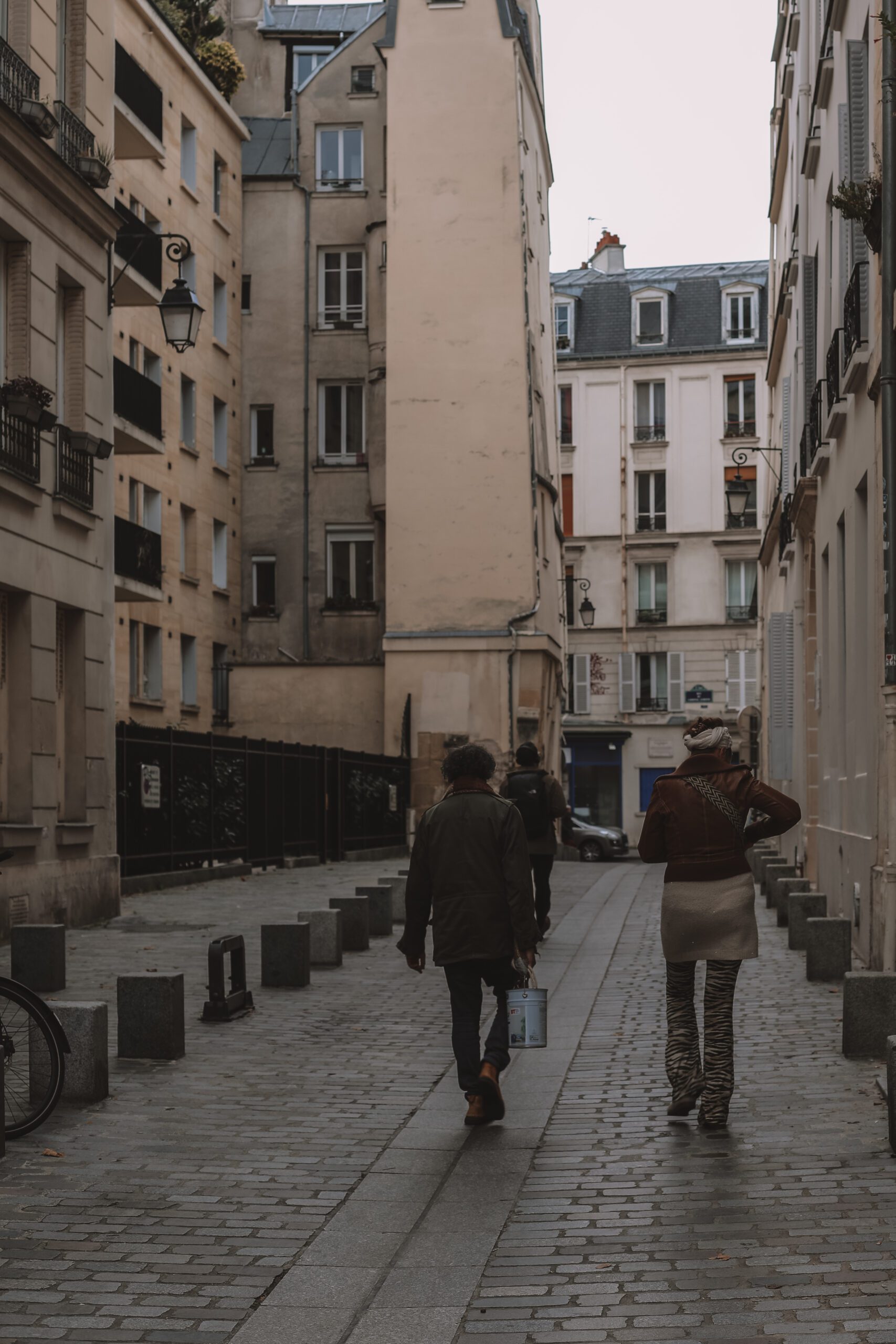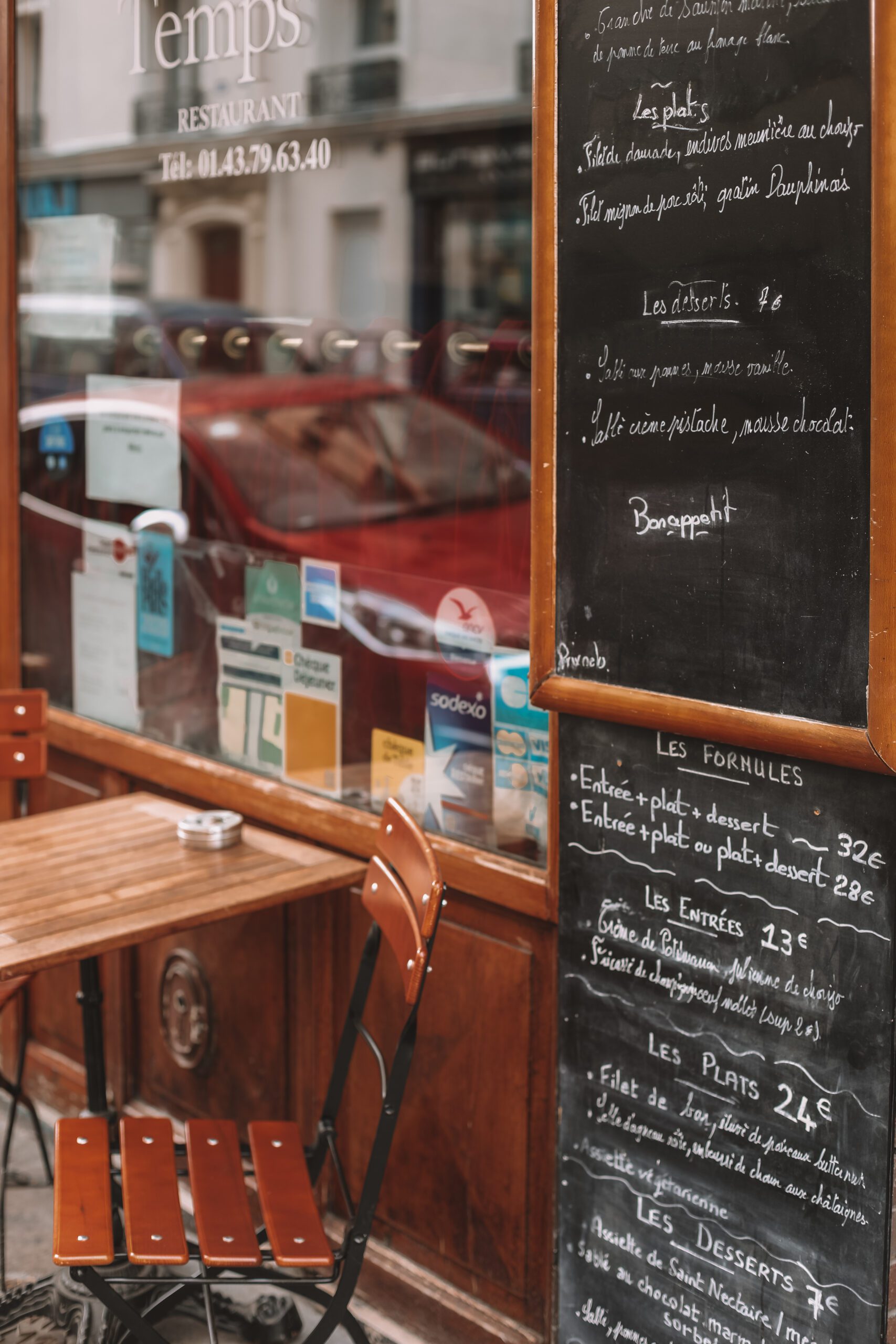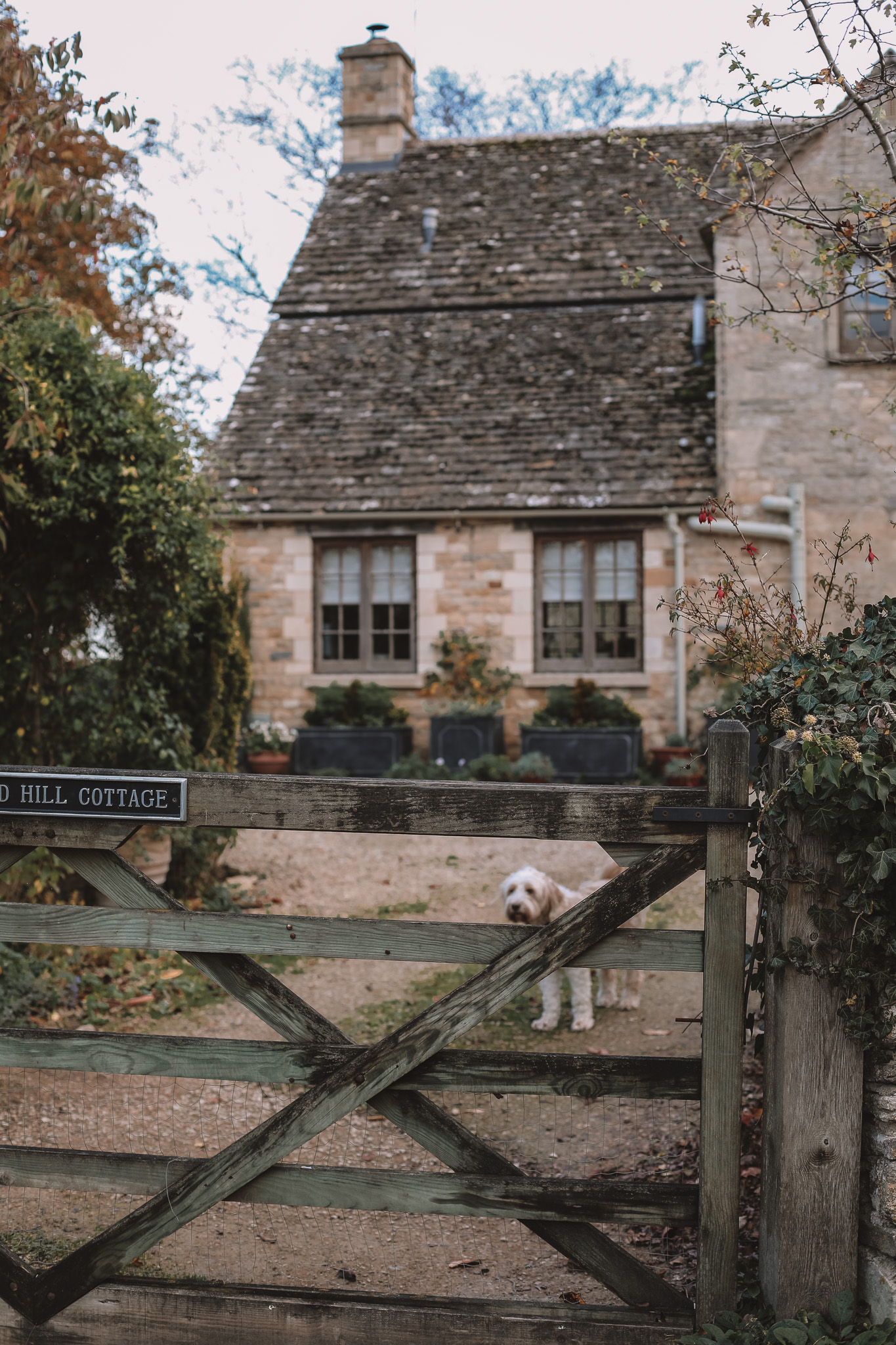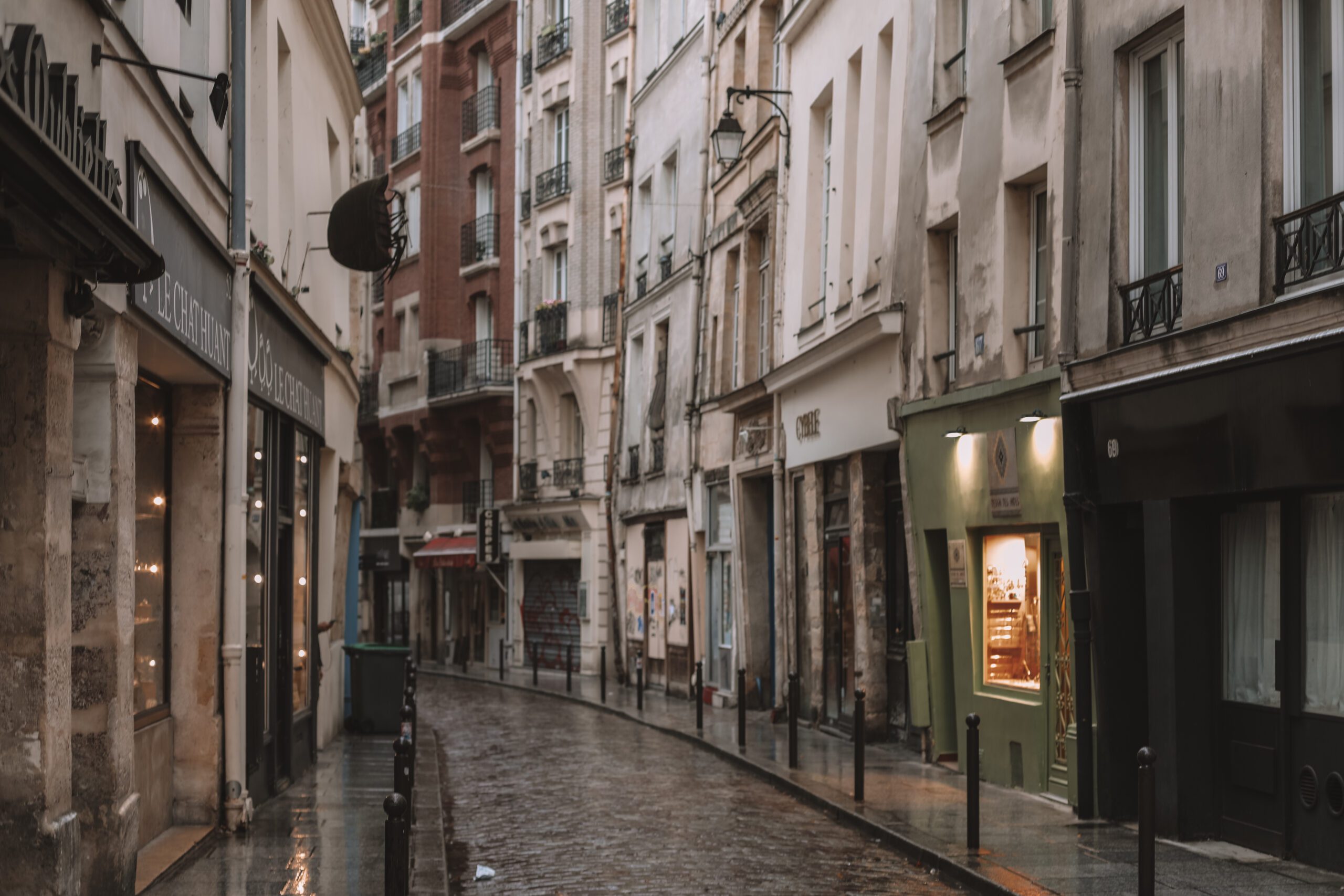Slow travel offers a unique opportunity to fully immerse yourself in a destination, savoring the local culture, cuisine, and customs. It encourages a deeper connection with the place and its people, allowing for a more meaningful and authentic travel experience. By slowing down, you can escape the rush of everyday life and truly appreciate each moment rather than simply checking off a list of tourist attractions. Additionally, slow travel can positively impact the environment and local communities, as it often involves sustainable travel practices and supporting local businesses. Ultimately, slow travel provides an enriching and rejuvenating escape from our fast-paced world. Keep reading for 10 reasons why you should slow travel.
1. Live Like a Local
Slow travel is more than just a way to see a new place — it's a chance to immerse yourself in the local culture and make meaningful connections. By taking your time and not rushing to the next destination, you open yourself up to meeting locals and gaining a deeper understanding of their way of life. These interactions tend to be more genuine and relaxed, making it easier to create lasting friendships. So next time you travel, take the time to talk to the people you meet and discover their favorite hidden gems. Who knows, that little bistro they recommend might serve the best meal of your trip!
RBV Intel: Get to know your Airbnb or VRBO host, as we did in our 1-month stay in Paris, which you can read about here. Many hosts share PDF guides with their favorite restaurants, sightseeing, and places they love to enjoy themselves. Our host Anna lived right across the hall from our loft, and we still stay in touch to this day. The great benefit of this, too, is you’ll always have friends to meet up with the next time you are in the area.
2. Experience Local Cuisine
Food is one of the best aspects of traveling, and it really allows you to get to know a place. By slowing down, you can savor the local cuisine, learn about the ingredients and cooking techniques, and explore food markets and restaurants that are off the beaten path. The quickest way to get to know any place is by going to a local farmer’s market and eating like a local. Bonus points to book a cooking class with a local chef. We did this on our month-long stay in Puglia, Italy, and it really deepened our understanding of the region and how food is so deeply ingrained in Italian culture. Our chef took us to a local market where she educated us on popular fresh vegetables and meats, then recommended a few traditional Puglian dishes that we could prepare together back at Palazzo Sant’Anna. We brought a few of our favorite wines from a vineyard earlier in the day, and our chef really appreciated enjoying a glass with us while chatting over our meal.
3. Travel Deeper and More Intentionally
Slow travel is about enjoying the journey as much as the destination, taking in the scenery, and experiencing the local culture along the way. One major issue people experience with shifting from tight itineraries to slow travel is the “fear of missing out”. If you’re used to jumping from one hotel to another, one attraction after another, one restaurant to another, the idea of slow travel may feel like you’ll miss the top places everyone is going to. That’s the point! In reality, you free yourself from barely scratching the surface of everything without enjoying anything. Slow travel allows you the time to appreciate everything that makes the destination you chose a wonderful place. Feel the destination. Immerse yourself in the culture. Spend time with locals. The more you immerse yourself, the more you discover and the deeper you want to explore. Long and winding roads lead to many more unique and memorable experiences than rushing along the well-known ones.
4. Support the Local Economy
Choosing locally-owned accommodations, restaurants, and markets during your travels benefits the local economy and helps preserve the unique culture and community of a destination. Opting for family-owned Airbnb or VRBO properties instead of big chain hotels further supports the local community. Slow travel allows for the flexibility to stay in a variety of places, such as a charming bed and breakfast, a quaint farm, or a cozy apartment with a view, providing a more authentic and memorable travel experience.
5. Skip the Crowds & Avoid Burn Out
Tourist burnout can quickly ruin a trip. Slow travel allows you to avoid crowds and immerse yourself in lesser-known destinations, leading to a more fulfilling experience. Rushing from one attraction to another can leave you feeling exhausted and unfulfilled. By taking the time to appreciate a destination and all it has to offer, you can avoid the frustration of being surrounded by throngs of tourists and truly enjoy your travels.
6. Save Money by Slow Traveling
While the idea of slow travel saving you money may seem counterintuitive at first, it is actually a practical and budget-friendly approach to traveling. By taking the time to explore a destination in-depth, you are more likely to uncover hidden gems that are often overlooked by the average tourist. These may include local eateries that offer delicious and authentic cuisine at a fraction of the price of tourist traps, free or low-cost attractions and activities that provide a unique glimpse into the local culture, and insider spots that are off the beaten path. Additionally, slow travel often involves longer stays in a single location, which can result in greater discounts and savings. By choosing to stay in an Airbnb, vacation rental, or other alternative accommodation, you can often secure lower rates for longer stays, as well as the ability to cook your own meals and save on dining expenses. I have personally booked Airbnb and VRBO properties with discounted rates of up to 40% for month-plus bookings. In fact, on our recent trip to Paris, we actually saved money by renting a Parisian VRBO in the heart of Bastille versus what we were paying for rent in Miami. And… that's arguably one of the most expensive cities in Europe.
The cost of living in the United States is one of the highest in the world, from rent, groceries, and transportation costs with recent inflation over the years. Not only did we save money on rent in Paris, but the cost of groceries living in the heart of the city was considerably lower cost — and completely organic, locally farmed, free range, and pesticide-free goodness… at a marked-up grocery store. You can find even better deals at a farmer's market. Combine this with occasionally cooking at home, and you’ll save a fortune. On any given long-term stay, we typically work remotely for a large portion of the trip from our accommodation and cook two meals in our kitchen with regional ingredients trying our hand at local dishes.
RBV Intel: If you need an example of the current inflation rates in the US, in March 2023, I paid $5.50 for a bottle of water in New York’s JFK airport and $1.36 for the exact same water bottle after landing in Montreal, Canada, hours later. It’s that much of a difference — even in North America.
Another way that slow travel can save you money is by reducing the amount spent on transportation. Rather than rushing from one destination to another and relying on expensive modes of transportation such as taxis or rental cars, slow travel allows for a more leisurely pace and the ability to explore a destination on foot or by public transportation, which can be more affordable and sustainable.
7. Travel More Sustainably
Traveling at a slower pace allows you to be more intentional and conscious about your impact on the environment. By reducing your transportation and choosing eco-conscious accommodations and experiences, you can significantly decrease your carbon footprint. When you take a plane or a train, you consume large amounts of energy and emit harmful greenhouse gases, which contribute to climate change. When you move from one place to another frequently and quickly, you consume more resources and contribute more waste to the environment.
On the other hand, slow travel allows you to choose more sustainable modes of transportation, such as walking, biking, or taking public transportation, which emit far less carbon and have a lower impact on the environment. You can also choose to participate in eco-conscious activities such as hiking, birdwatching, or volunteering for conservation projects.
By adopting a slower travel style, you can also reduce your overall consumption and waste by opting for local and seasonal foods, minimizing single-use plastics, and supporting local businesses that prioritize sustainability. Choosing to stay in one place for a longer period of time can also help you develop a deeper appreciation for the local culture and environment, leading to more responsible and respectful behavior towards the environment and the local community.
8. Learn a New Language
By staying in a place longer, you build relationships with locals and practice speaking with them on a regular basis. This can give you a chance to learn more about their language and culture while also gaining a better understanding of their customs and traditions. By speaking the local language, you may be able to access experiences that you wouldn't have been able to otherwise. Locals may be more willing to share insider tips and recommendations with you, invite you to community events, or introduce you to their friends and family. For cities like Paris that have a negative connotation with American travelers, even knowing the basics of the language will help break barriers because locals can see that you are putting in the effort.
Think about it like this: how would the average American treat a Spanish-only speaker in a rural town in the United States? Probably not great. Put yourself in their shoes and make an effort to learn about the place you’re going to.
9. Relax and Recharge
Slowing down while traveling is not just a way to recharge; it's a chance to truly immerse yourself in a destination and experience it in a meaningful way. In the past, vacations were a time to escape the stresses of everyday life, but now we often try to fit everything into a few short days, leaving us feeling more overwhelmed than before we left. Slow travel offers a different approach, one that allows you to appreciate a place and everything that comes with it fully. By putting away your checklist and camera and being present and engaged, you'll discover a deeper sense of relaxation and well-being. Rather than rushing from one activity to the next, slow travel encourages you to savor each experience, creating lasting memories that will stay with you long after you return home. By embracing slow travel, you'll find that your vacation becomes a true escape, leaving you feeling refreshed, rejuvenated, and ready to plan your next trip.
10. Escape Comfort Zones
Slow travel can be a transformative experience that allows you to step out of your comfort zone and gain a fresh perspective on the world. When you take the time to immerse yourself in a new environment, you become more open to new experiences and opportunities that you may not have encountered otherwise. This can lead to personal growth and a deeper understanding of different cultures and ways of life.
Conclusions About Why You Should Slow Travel
Slow travel is all about getting back to the essence of why we travel. By embracing this mentality, you can offset travel exhaustion and fully immerse yourself in your adventures. Nowadays, travel has become ubiquitous, especially with the accessibility that technology provides. But, it's important to remember that this kind of travel isn't always straightforward or easy. It requires a level of confidence that things will work out or that you'll figure them out as you go. You might face moments that scare you, but these are the moments that can teach you lessons you'll carry with you for the rest of your life. Overcoming language barriers and differences in cultural customs will make you a more knowledgeable traveler and give you a global perspective. Unlike a typical tourist experience, where you're spoon-fed information and guided to tourist hotspots, a slow travel experience could end up with you tasting insects in Asia or discovering hidden gems you never knew existed. Plus, by choosing to travel sustainably and not working with exploitative tour operators, you'll leave little to no negative impact on the local community. All in all, I guarantee slow travel will provide you with some of the best experiences of your life.
Share this story

